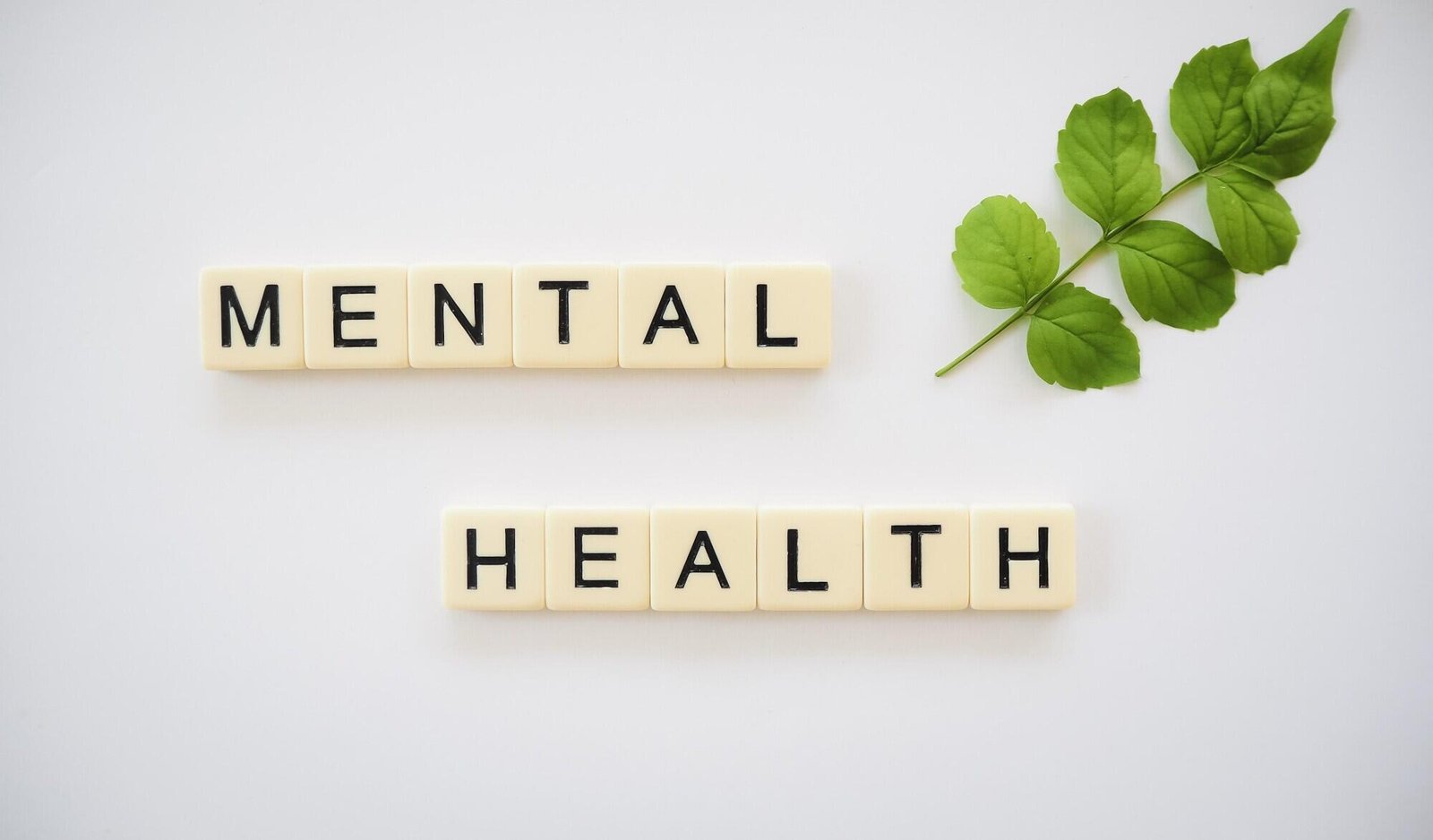Drug therapies are a common form of treatment for mental health conditions. These treatments involve the use of prescription drugs to alleviate symptoms and improve the overall well-being of individuals with mental illness.
They can be effective in managing various mental health disorders. However, it is important to understand their benefits and limitations.
To learn about which drug therapies may be suitable for you or your loved ones, read this article. We will dive into the insights that can guide you in making informed decisions.
Let’s get you started!
Antidepressants
Antidepressants work by balancing certain chemicals in the brain called neurotransmitters. This plays a role in regulating our moods. Antidepressants are a type of psychiatric medication commonly used to treat:
- depression
- anxiety
- other mood disorders
By restoring the balance of these chemicals, antidepressants can help alleviate symptoms such as:
- sadness
- lack of energy
- trouble sleeping
They can also improve overall mood and increase the ability to engage in daily activities.
Antianxiety Medications
Antianxiety medications, also known as anxiolytics, are prescribed to treat anxiety disorders. This includes:
- generalized anxiety disorder
- panic disorder
- social anxiety disorder
These drugs work by reducing the overactivity in the brain that leads to feelings of fear and worry. They can help individuals with anxiety feel calmer and more at ease. This makes it easier for them to cope with daily challenges.
However, they should be used cautiously as they can be habit-forming and may cause side effects such as:
- drowsiness
- confusion
- memory problems
Antipsychotics
Antipsychotics are a class of drugs primarily used to treat psychotic disorders such as schizophrenia and bipolar disorder. They work by blocking certain neurotransmitters in the brain that can cause:
- hallucinations
- delusions
- disordered thinking
These medications can help individuals with these conditions manage their symptoms and improve their overall functioning.
Mood Stabilizers
Mood stabilizers are prescribed to treat mood disorders such as bipolar disorder. They work by regulating the levels of certain neurotransmitters in the brain that affect mood and behavior. By doing so, they can help individuals with bipolar disorder achieve a more stable mood and reduce the frequency and severity of manic or depressive episodes.
However, they also have potential side effects such as:
- weight gain
- tremors
- low thyroid function
It is important to regularly monitor the levels of these medications in the body to ensure their effectiveness and safety.
Stimulants
Stimulants are commonly prescribed to treat Attention Deficit Hyperactivity Disorder (ADHD). They work by increasing the levels of certain neurotransmitters in the brain that play a role in attention and focus. By doing so, they can help individuals with ADHD improve their concentration, reduce impulsivity, and manage hyperactivity.
However, stimulants may also have side effects such as increased heart rate, decreased appetite, and insomnia. It is important to carefully monitor their use and adjust dosage as needed.
Take note that the stages of recovery won’t be the same for everyone – so be patient and follow the advice of your healthcare provider. So whether you are taking stimulants or any type of drug therapy, it is important to regularly communicate with your healthcare provider.
Know What Drug Therapies Can Treat Mental Health Disorders
Drug therapies can be effective in treating various mental health disorders. They work by targeting specific chemical imbalances in the brain.
However, it is important to be aware of their potential side effects. It’s best to regularly monitor their use for maximum effectiveness and safety.
It is always best to consult a healthcare professional when considering drug therapy as a treatment option for mental health.
Visit our blog for more topics.

